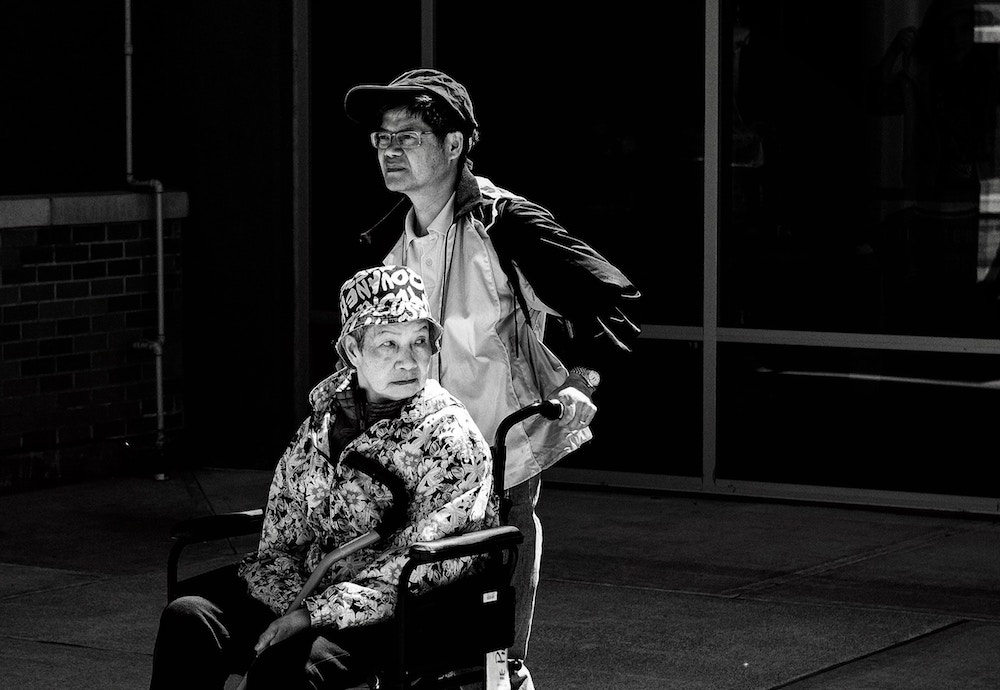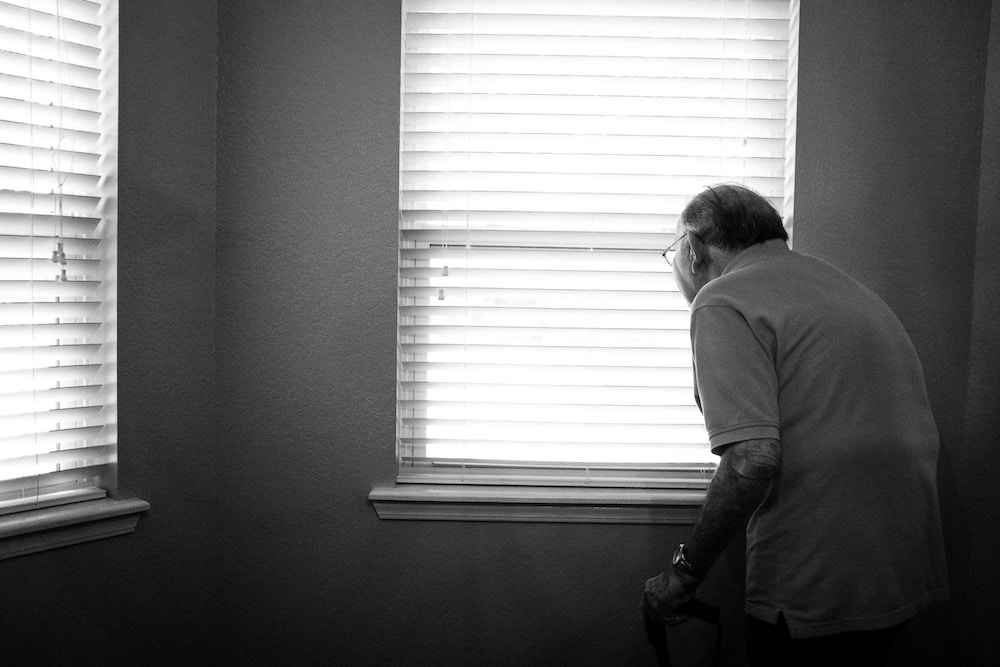 Cat Roberts is Clinical Lead GP involved in developing and delivering primary care services within an acute trust, including a GP-led frailty service
Cat Roberts is Clinical Lead GP involved in developing and delivering primary care services within an acute trust, including a GP-led frailty service
You can read Cat’s first post: Challenging the norm: GPs as innovators here.
I vividly remember one of my first consultations as a general practice registrar. The patient had a list of complex problems and I did not have the skillset to deal with the multitude of issues or her expectations. The consultation became strained, and as she pressed me for answers and solutions I became more defensive. The defensiveness manifested itself in the use of medical jargon, hiding behind guidelines and explaining resource limitations. This was a subconscious attempt to assert authority and establish a clear balance of power. It ended rather comically with me leaving the room as I was fearful she never would. My supervisor emerged from his room, looked over the top of his glasses and inquired:
“Is everything OK?”
“I don’t know how to make her leave my room…”
“Why is she still there?”
“Because I haven’t helped her.”
I perceived she wanted an answer, and whilst trying to find an answer I had stopped listening. All empathy and rapport had left the room. I returned to the room with some new questions which were able to facilitate meaningful conversation.
These are all symptoms of a floundering relationship and a dynamic that makes sharing management a challenge.
Why did that all go wrong?
Is it possible that this dynamic exists on a larger scale with our colleagues in secondary care, community care and social care? With limited resources and time we may become defensive and confrontational towards one another; too quick to assign blame, judging each other’s skillset and capacity. Do we subconsciously imply a balance of power in the wording of a discharge letter, when referring a patient to a bed manager, or in our tone in a referral form? Are we creating boundaries, relinquishing responsibility, being fearful of blame? Are we angered by perceived unfair allocation of time and resources? These are all symptoms of a floundering relationship and a dynamic that makes sharing management a challenge.
Tell me about yourself
One of the six principles of our Integrated Frailty Service is Culture and Education. We host joint educational events on topics relevant to frailty and multi-disciplinary team members frequently present. GPs run sessions on managing uncertainty and other strategies that are intrinsic to consultations in primary care. Hospital clinicians present the latest evidence based practice, reawakening our love of clinical medicine and allowing us to cast our net of differential diagnoses wider. These sessions are attended by both clinicians and non-clinicians so we request that anyone attending avoids jargon and tailors content appropriately. Rapport between clinical directorates and across providers is restored, stories are exchanged and challenges are viewed from all perspectives. Myths and misunderstandings surface and are addressed and a true empathy of each other’s skills and constraints develops. This principle, despite being impossible to quantify in data and Key Performance Indicators, has the most tangible benefit and has the biggest impact on patient care.
Both camps are fearful of change, repercussions, impact on patient care and sustainability.
Maybe we both want to achieve the same thing?
Another core principle of our service is Integration. This broad term refers in part to practical challenges such as shared electronic records, imbedding the service within the directorates of the Trust and helping align community services to best respond to patient needs. It also underpins another vital relationship needing bolstering – that of the clinician and the non-clinical manager. Sometimes frustration, exasperation and being overwhelmed by a problem can manifest as apathy, indifference and a reluctance to engage with any system improvement drives. Both camps are fearful of change, repercussions, impact on patient care and sustainability. Perceptions are sometimes tainted by behaviours and the balance of power fluxes between clinicians and managers. The result can be systems which are fragmented, dysfunctional and hinder clinical care and positive patient experiences. The potential gains in true collaboration and understanding result in seamless transitions of care for patients – with experts in clinical care optimising their time and skills, and experts in strategy and operations facilitating this change.
The consultation no longer feels overwhelming or hopeless. We may have reached a middle ground in terms of mutual understanding and empathy. The complex problems still exist but the management is starting to feel shared.
Read Cat’s last blog: Challenging the norm: GP as innovators
Featured photo: Paul Stickman









Great blog Cat, thank you.
Your post made me think of John Gabbay’s description of the creation of Mindlines – http://www.bmj.com/content/329/7473/1013
Collectively constructed professional knowledge in practice in context generated from communities of practice.
John’s original work was based on observations of GPs working together – you are describing multidisciplinary teams working together.
I am looking forward to the next installment!
GP Scholarship in action…http://bjgp.org/content/67/659/266.long
Thank you Joanne,
Do you think mindlines refer to an amalgamation of anecdotal evidence and pattern recognition?
Thanks for taking the time to read and reply
Cat